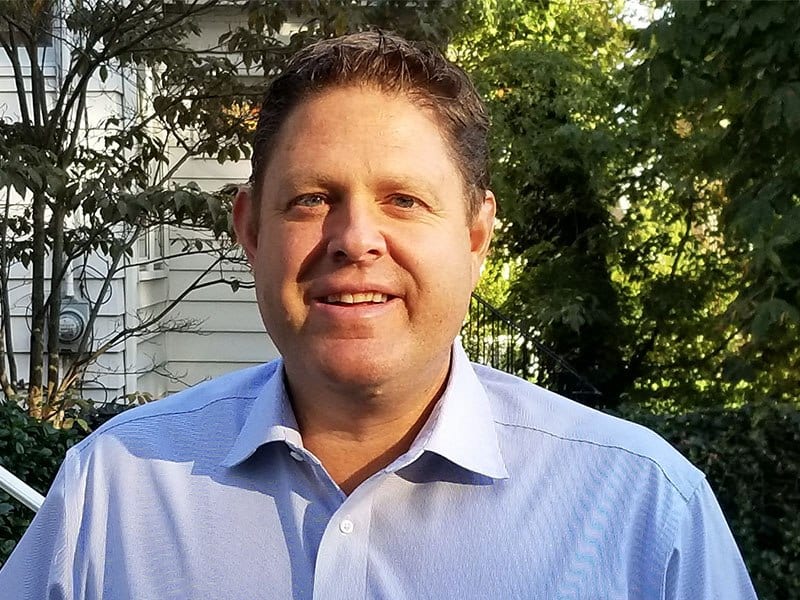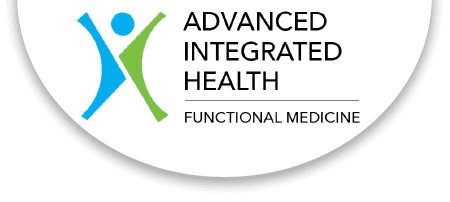Are you one of the thousands of people who are disappointed in the current medical model and curious about the healing arts and alternative medicine? If so, you may have heard of the term holistic health care.
What is holistic medicine? How is it different from conventional medicine? To answer that question, we must delve deeper into the core of holistic medicine, understanding its principles and the role and responsibilities of a holistic doctor.
Holistic Health Care: A New Approach to Modern Medicine
Holistic doctors, often referred to as holistic healers or practitioners, are medical professionals who approach healthcare from a different perspective than traditional doctors. In the holistic healthcare field, the focus is not just on the disease or the symptoms, but on the whole person. Holistic doctors believe in treating the mind, body, and spirit in a unified way to achieve optimal health and wellness.
Holistic medicine views the body, mind, and spirit as interdependent parts that, together, contribute to overall health. They firmly believe that in order to achieve optimal health, these aspects must be in harmony.
Ultimately, a holistic healthcare provider’s role extends beyond the physical. They don’t see their patients as a collection of symptoms or a diagnosis but as whole individuals. Holistic healthcare helps patients understand the interconnectedness of their physical, emotional, and spiritual well-being. It emphasizes that each aspect can impact the others, thus emphasizing a balanced approach to health and wellbeing.
Holistic medicine’s primary core principle is that our bodies operate under the premise that the body has innate healing abilities. In essence, a holistic practitioner operates under the belief that the body is designed to heal itself. They employ various techniques to stimulate this healing process, which may include naturopathy, homeopathy, massage therapy, chiropractic adjustments, and energy therapies like Reiki.
Their role and responsibilities revolve around tapping into this inherent ability, using an integrative approach that values the person as a whole. Their commitment to patient education, personalized care, and prevention sets them apart in the realm of healthcare.
They focus on promoting health and preventing illness, rather than just treating diseases. Holistic healthcare aims to understand the underlying root causes of an ailment instead of merely addressing the symptoms. This approach involves an extensive evaluation of a patient’s physical health, emotional wellbeing, social habits, diet, and lifestyle.
Integrative Approach of Holistic Health Care
This approach takes a multi-disciplinary approach to healthcare. It often incorporates traditional medical practices, such as prescribing medication, with complementary therapies like acupuncture, herbal remedies, yoga, and meditation. It emphasizes the importance of diet and exercise and may recommend lifestyle modifications to promote good health.
Addressing the Stress of Modern Living
In the fast-paced world we inhabit today, we are constantly surrounded by stressors, be they physical, biochemical, or environmental (toxicity). In this era of remarkable technological advancements, we encounter unique challenges that past generations never had to deal with.
In recent years, there has been a notable increase in classic chronic degenerative diseases, such as diabetes, heart disease, and obesity. Other stress-related disorders, such as anxiety and depression, have also become prevalent.
Conventional medicine often treats these issues separately, focusing on individual symptoms rather than the underlying causes. Holistic healthcare, most notably the emerging, exciting field of functional medicine takes a different approach by considering the interconnectedness of mind and body, and aiming to provide comprehensive care.
What Are the Responsibilities of a Holistic Doctor?
The responsibilities of a holistic doctor are many. They educate patients about the importance of healthy habits, such as balanced nutrition, regular exercise, stress management, and sufficient sleep. These doctors don’t just intervene when illness strikes; they continually guide their patients toward a healthier lifestyle to avert potential health problems.
1. Initial Consultation
A patient usually begins with a comprehensive consultation. This meeting allows the doctor to understand the patient’s overall lifestyle, from dietary habits to emotional stressors, and beyond.
2. Customized Treatment Plan
Once they have a comprehensive view of the patient’s health, they then devise a customized treatment plan. This plan may involve various modalities, from dietary changes to alternative therapies like acupuncture or massage.
3. Patient Evaluation
One of the main responsibilities of a holistic doctor is patient evaluation. They use conventional methods like physical exams and lab tests, but also incorporate other methods like evaluating the patient’s emotional and spiritual health. They carry out a comprehensive evaluation, encompassing not only physical symptoms but also emotional, spiritual, and lifestyle factors. This helps in understanding the individual’s unique health situation.
4. Personalized Care
Holistic health care emphasizes personalized care. Each patient is unique, and therefore, the approach to their care should also be unique. Based on the assessment, a personalized treatment plan that focuses on restoring balance and stimulating the body’s natural healing response is recommended. This could include diet and nutrition changes, exercise, psychotherapy, and alternative therapies like acupuncture or homeopathy.
5. Health Education
Holistic health practitioners often play a role in health education. They teach their patients about lifestyle changes and self-care practices that can improve their wellness.
They take responsibility for educating patients about their health condition and the importance of lifestyle changes in disease prevention and health maintenance. They often provide resources and tools to help patients make informed decisions about their health.
Seeing a holistic doctor can offer numerous benefits. They can help identify underlying issues that traditional medicine might miss, provide personalized treatment plans, and offer strategies for preventive care and overall wellness.
Final Words
In conclusion, holistic medicine plays a multifaceted role in the healthcare system. While the holistic approach might not suit everyone, many find its emphasis on whole-person health and preventative care rather than just the suppression of symptoms and disease appealing.
As healthcare practitioners, they are on a mission to transform the healthcare landscape, making it more personalized, comprehensive, and, above all, holistic.
If you’ve ever wondered, “What is holistic health care?”, now you know about this empowering and nurturing approach to health and wellness.

Dr. Bob was born and raised in Florham Park, New Jersey.
He loved the philosophy of vitalism, which teaches about the incredible, innate intelligence of our bodies and its power to self-heal when given the opportunity.


0 Comments